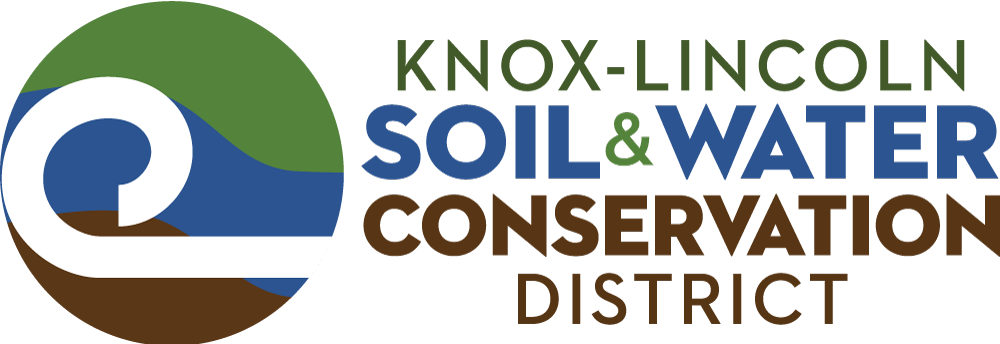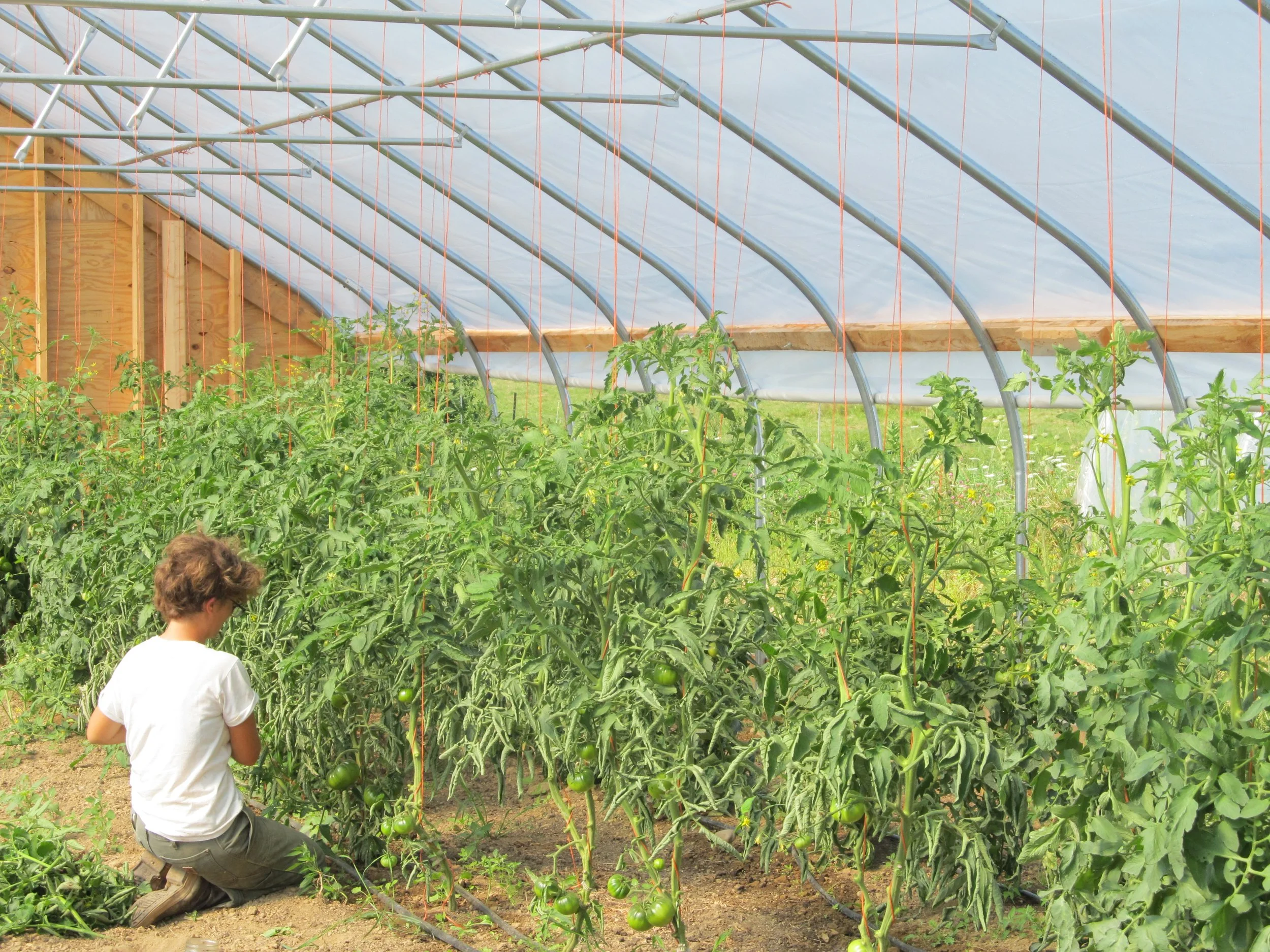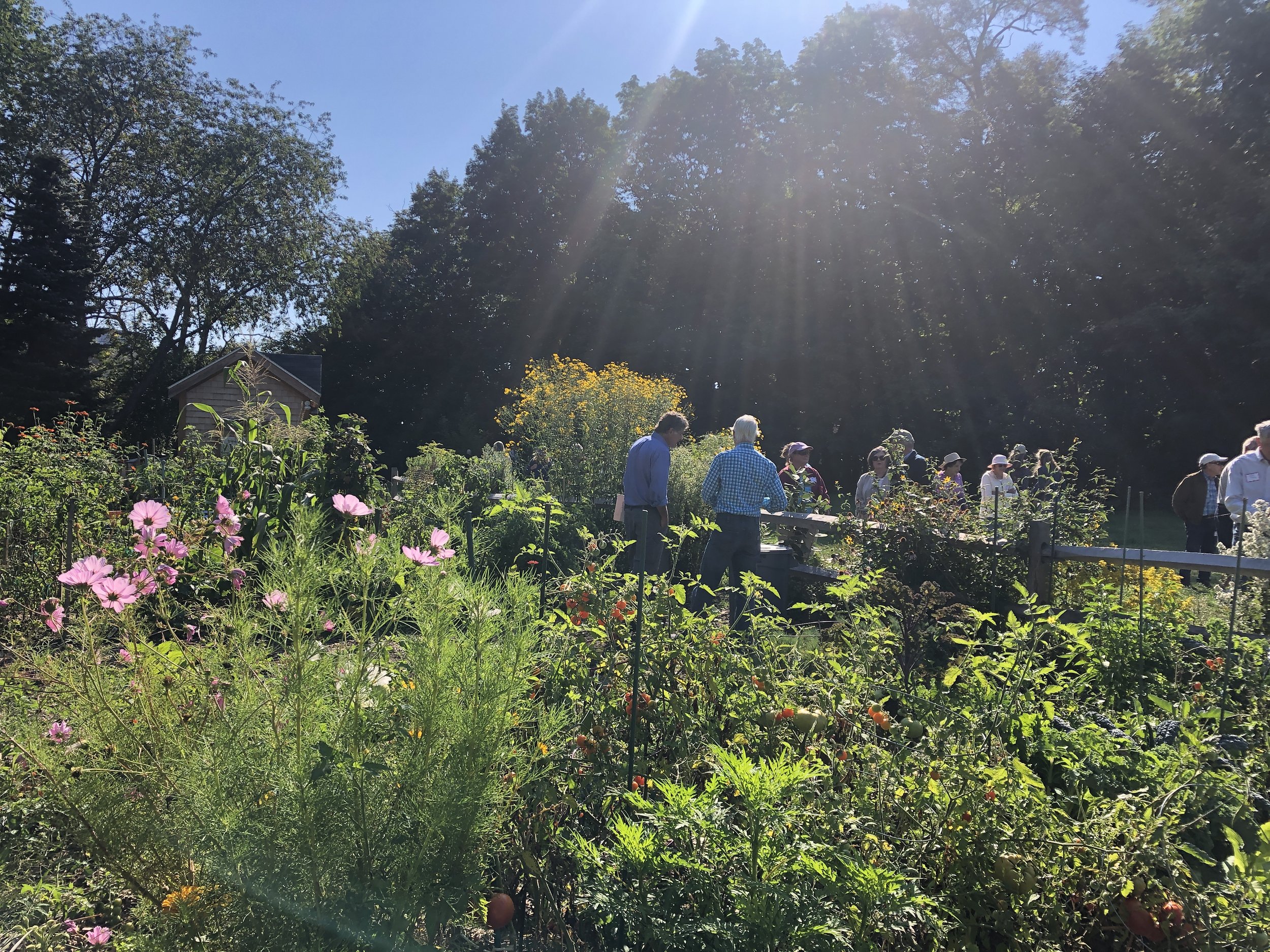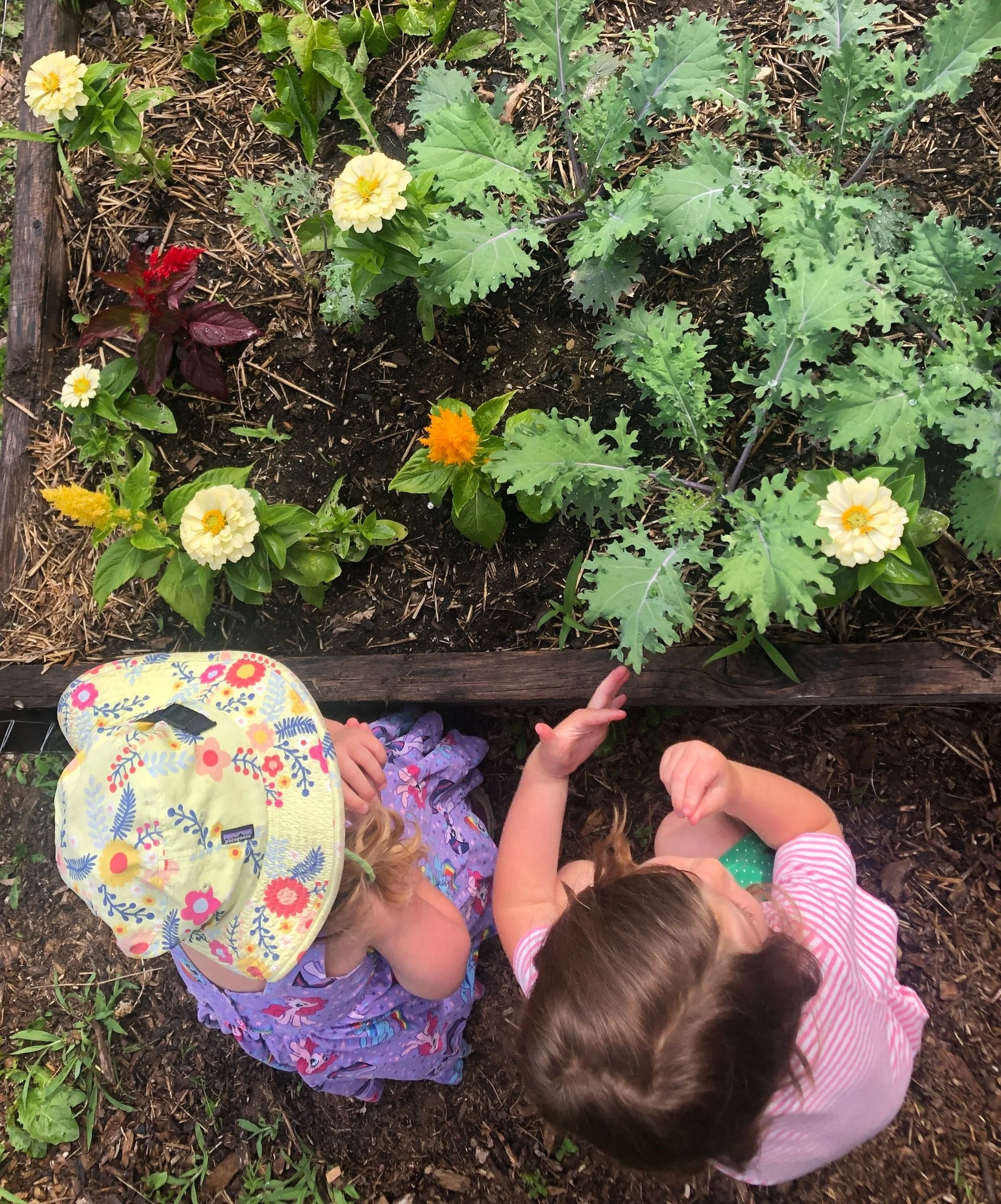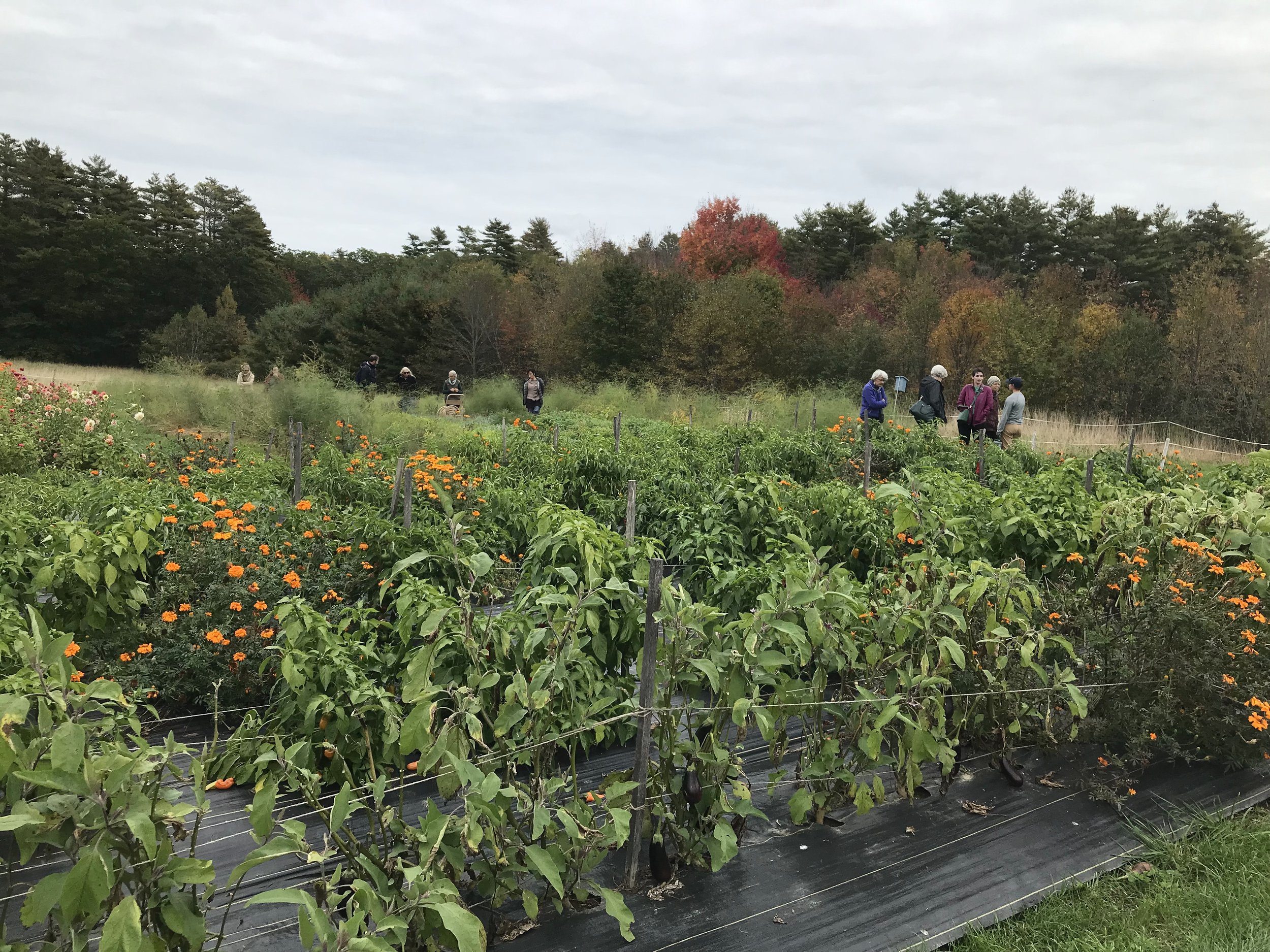
Natural Resources Conservation Service
Urban Agriculture Initiative
Conservation practices help improve soil health, reduce soil erosion, improve water quality and provide other natural resource benefits
What is the Urban Agriculture Initiative?
No matter the size of your farm, having the knowledge you need to conserve, maintain and restore the natural resources on your farm is a powerful tool.
A significant portion of Knox County, stretching from Camden down to South Thomaston along the coast, currently falls within an NRCS Urban Agriculture Priority Area. Thanks to the current focus of NRCS on supporting urban agriculture, producers in this priority area may have a higher likelihood of their applications being funded through NRCS programs, and certain conservation practices may have higher payment rates and/or smaller units (e.g., per 1000 square feet rather than acres).
Interested in getting support? Contact your local District Conservationist.
What is Urban Farming?
Urban agriculture includes the cultivation, processing, and distribution of agricultural products in urban and suburban areas. Community gardens, rooftop farms, hydroponic, aeroponic and aquaponic facilities, and vertical production, are all examples of urban agriculture. Tribal communities and small towns may also be included.
Map of Urban Agriculture Priority Area
How NRCS Helps Urban Farmers
NRCS provides technical and financial assistance to growers in:
Soil Health - As experts in soil health, NRCS conservationists can advise urban growers on things like what cover crops to grow, using farmers’ soil tests and our soil surveys.
Irrigation and Water Conservation - We can help urban growers conserve water, by assisting with things like drip irrigation.
Weeds and Pests - NRCS can help with pest and weed management by planting buffers for beneficial insects, through mulching, using cover crops and various other means.
High Tunnels – NRCS can provide financial assistance for high tunnels, used to extend the growing season and to protect plants from harsh weather, air pollution and pests. By making local produce available for more months in the year, fewer resources are used to transport food to plates.
The Urban Agricultures Initiative is funded through the Environmental Quality Incentives Program (EQIP). Learn more about EQIP here.
Learn more about funded conservation practices through the Urban Agriculture Initiative: Maine Conservation Choices - Urban/Small Farm Practices.
Learn more about Natural Resources Conservation Service and other programs and initiatives offered.
Conservation Planning for Urban Farmers
The Natural Resources Conservation Service (NRCS) can help urban and small farmers create a conservation plan that can serve as a road map towards improving the health and resiliency of your operation.
A conservation plan can enable you to make educated decisions for your farm, keep you from making costly management mistakes, and possibly help qualify you for financial programs.
The way we manage our soil resource has a greater impact on its ability to function than any other factor. Productive and resilient land can be obtained by using a soil health management system that incorporates these four simple principles:
Minimizing disturbance from tillage and over-grazing
Maximizing soil cover with residues and living plants
Maximizing diversity with crop rotations and cover crops
Maximizing living roots year-round with crops, forages and cover crops
Benefits can include increased soil organic matter, improved resilience to drought and floods, improved nutrient cycling, and overall increased profits.
Why Urban Farming?
Urban agriculture pioneers are taking action in their communities, growing not only fresh, healthy produce, but increasing opportunity and knowledge and improving the beauty of their neighborhoods. Through community gardens, produce is being grown and donated to those who need it and children and adults are learning about agriculture first-hand. Farmer’s markets are offering easy access to fresh foods in areas where grocery stores are miles away and are providing new income streams for residents.
NRCS serves all agriculture – large to small, conventional to organic, rural to urban. As American agriculture continues to grow in new directions, NRCS conservation assistance is growing along with it. By bringing cultivation and opportunity to both rural and urban areas, we address many needs -- Restoring the health of the soil while restoring the health of people.
Getting Started
Starting an urban farm comes with a unique set of challenges and opportunities. NRCS can help with the challenges of conservation and support urban farmers in their efforts to achieve local, healthy, sustainable food for their communities. Learn more about the steps required to access NRCS programs. You can start by reaching out to your local district service center below:
NRCS District Service Centers
To learn more and inquire about any NRCS services and programs, contact your NRCS District Conservationist.
Lincoln and Kennebec Counties
Amanda Burton, District Conservationist
amanda.burton@usda.gov
(207) 622-7847 Ext. 3
2305 North Belfast Avenue
Augusta, ME 04330
Get Directions
Knox and Waldo Counties
Peter Abello, District Conservationist
peter.abello@usda.gov
(207) 338-1964 Ext. 3
46 Little River Drive
Belfast, ME 04915-9804
Get Directions
